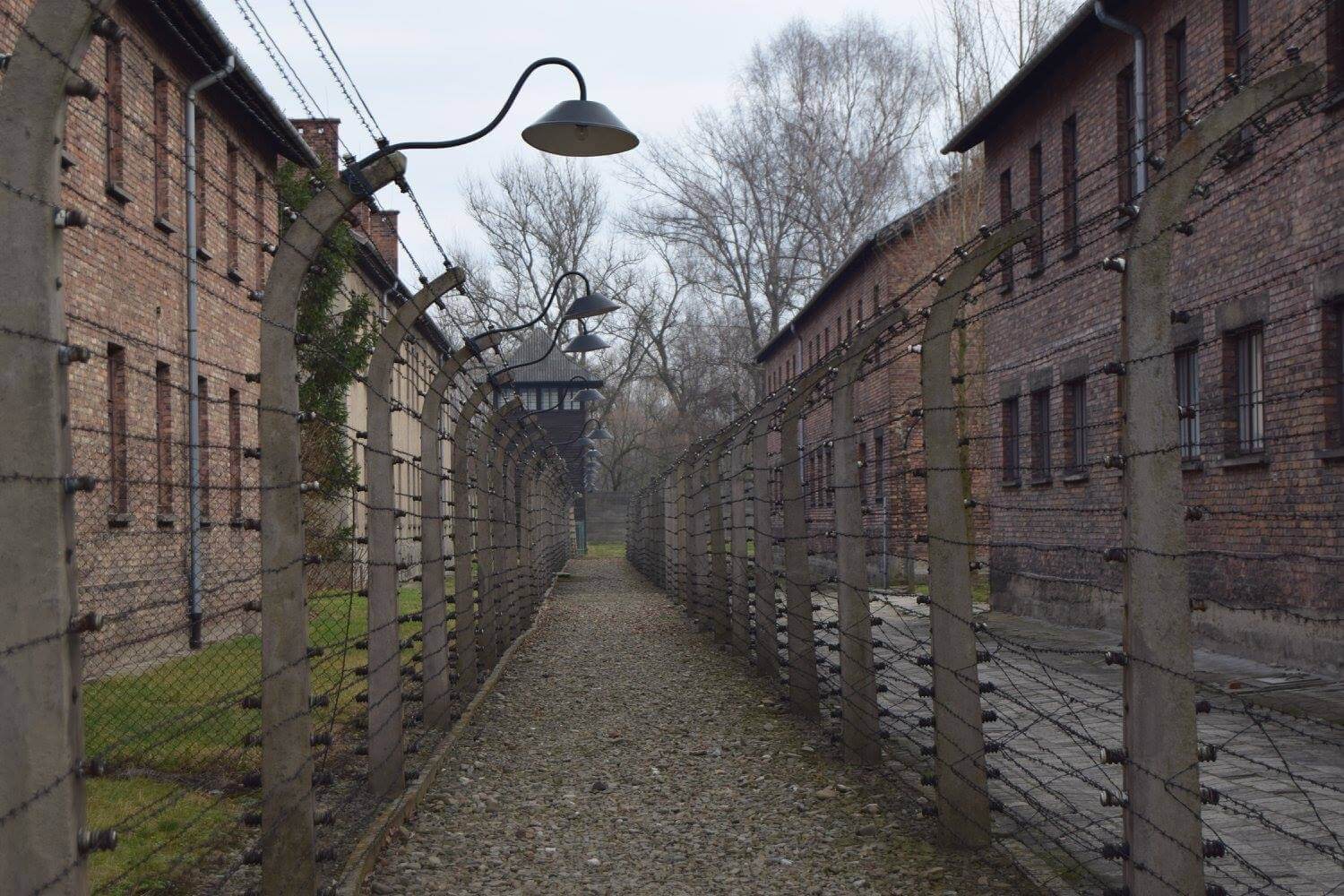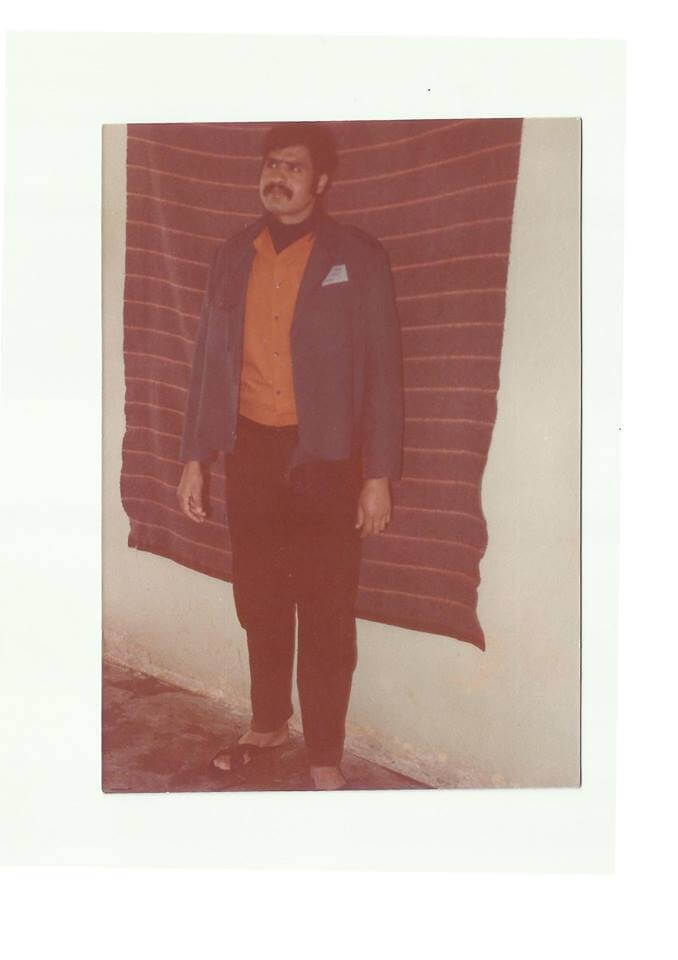
Auschwitz concentration camp, a death camps in Nazi-occupied Poland where 1.1 million were killed during the Nazi Holocaust. (Photo: Tamam Abusalama)
Israel marked the 75th anniversary of the Soviet liberation of Auschwitz last week, the Nazi death camp where the German government murdered more than one million people during the Holocaust, hosting the event in Israel for the first time, rather than Poland. During my Erasmus Programme in Poland in 2015, a European Union student exchange, I visited the city of Krakow to the north of where the Auschwitz concentration camp was built during World War II. On my first day, I joined with my friends one of the free city tours with a local guide. “Where are you from?” the tour guide asked me. “Palestine,” I answered. “You shouldn’t explicitly reveal your Palestinian origin in this city. But you can always ask for police help whenever you are in trouble,” he commented. His response left me speechless. I paused for a moment, trying to process what has just been said to me and finding an excuse to calm myself down. “What did you just say?”I asked again, wishing that my family’s genetic disease of hearing loss has reached me. He calmly explained to me that many Palestinian tourists are threatened and discriminated against here and added that “Krakow is a conservative city.”
The next day was planned to visit the Auschwitz concentration camp, which is the main reason of our Krakow visit. Many elements were triggering once I stepped in, such as the Hebrew language. In my experience, Hebrew was the language of the occupation and it was all over the place along with the Israeli flag which was present in many banners. Several individual and inter-generational traumas took over my body. The pain of the refugee label I was given when I was born that has had complete power in shaping my life flooded over me. I recalled Israeli bombings that I was fortunate enough to survive; my grandmother describing her expulsion from our village, Bayt Jirja, and her escape to Gaza with two babies on her lap; my mother witnessing my dad’s arrest during her pregnancy; my dad’s 18-year imprisonment in Israel that he continues to recall as if it had just occurred. Despite the painfully overwhelming feelings, I went on and toured through the different parts of the camp including the punishment block, the death wall and the block where medical experiments were performed on women.

Tamam Abusalama’s father, the photo was taken by the Israeli Prison Service while he was detained in an Israeli prison, and sent her family. (Photo: courtesy of the author)
It was absolutely horrible and emotionally hard to come that close to a place where more than 1 million faced systematic torture and death. At the same time, I couldn’t stop thinking about Gaza, where I was born and raised. Gaza is monitored and controlled by highly- advanced technologies that impose and expand Israel’s illegitimate power over lands and bodies. At this moment, there are 4,544 Palestinians detained in Israeli prisons, including 186 children, around 40 women, and 464 who are detained without charges. An image of my dad, who was sentenced for seven lifetimes plus 10 years but was lucky enough to be released after 13 years in a prisoner exchange in 1985, popped. “I thought it would be my grave,” my dad once told me during a conversation about his imprisonment dark years. I do agree that the horrors of Auschwitz shouldn’t be forgotten but also other nations should not pay the price of what European countries committed against their minorities.
Since 2007, Gaza has been hemmed in by an Israeli and Egyptian siege. They continue to collectively punish 1.816 million in an area of 365 km² with the most inhumane living conditions. Yet, the international community continues to be committed to either hallow condemnations of silence.
No one mentioned Gaza during the Holocaust commemoration in Israel, which was the country’s largest-ever gathering of world leaders. Netanyahu reportedly used the opportunity to lobby pressure on the International Criminal Court as The Hague investigates possible war crimes by Israel and Hamas. Days before the event, Netanyahu told an evangelical broadcaster he would seek “concrete actions, sanctions, against the international court – its officials, its prosecutors, everyone” from visiting heads of state.
Those world leaders have unashamedly expressed their complicity in supporting Israel’s ongoing crimes at the expense of Palestinians, through their participation in the forum. When will these world leaders take action on current crises? Gaza is now 13 years under siege and I wonder what lessons have they learned?
Postscript: These calls are not stemming from hope in the majority of the world leaders and their nations because of the countless slaps we have received. Indeed, the main source is deep despair and outrage generations of Palestinians have carried inside, seeing how injustice prevails in today’s world. Regardless, faith in those who have an alive conscience is still there.



